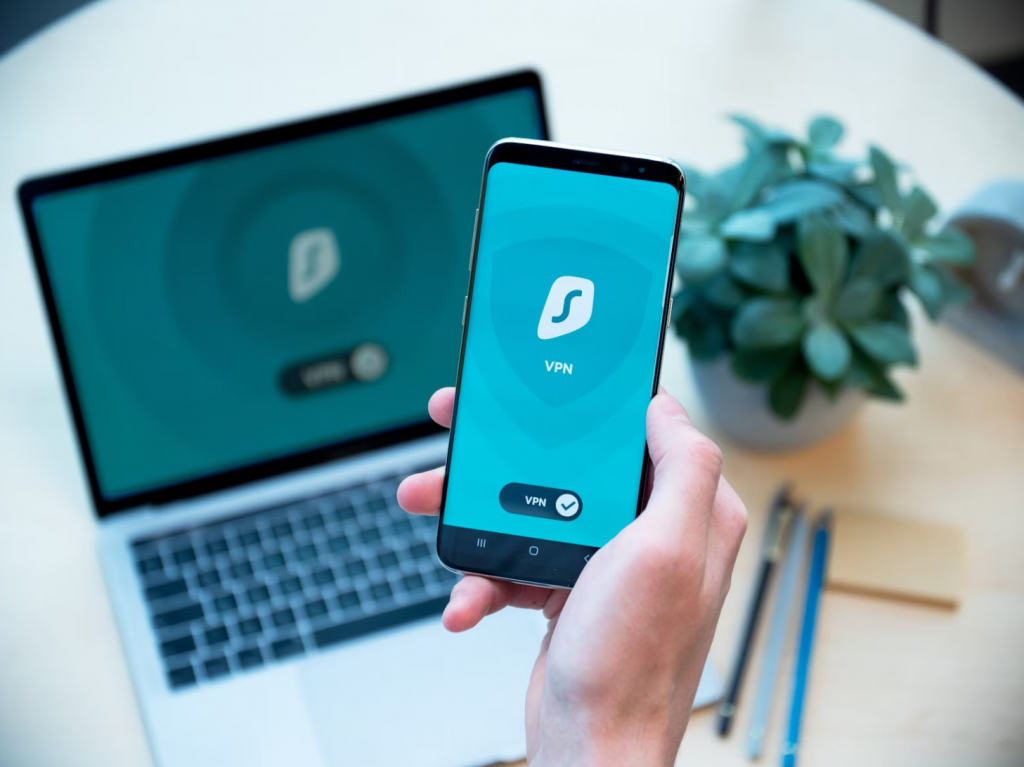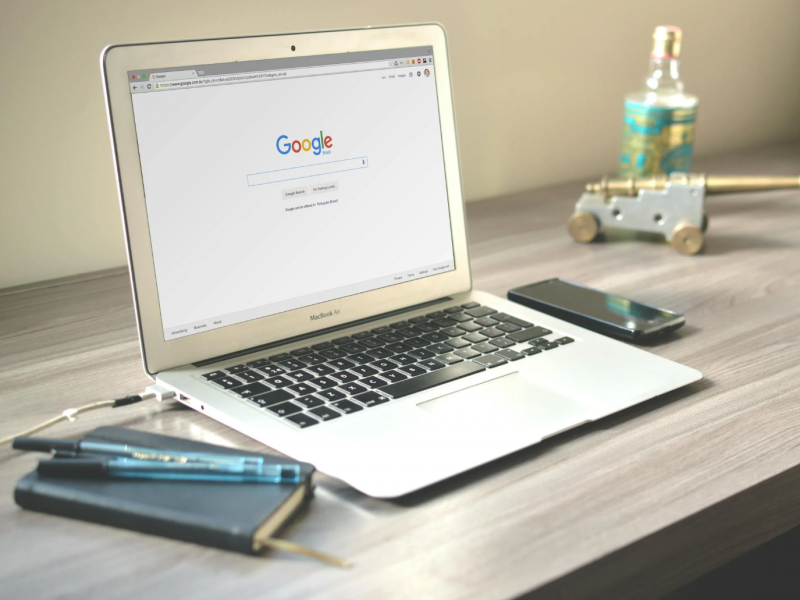Understanding the Basics of VPNs
What Is a VPN?
A Virtual Private Network, or VPN, is your online invisibility cloak. It masks your IP address and encrypts your internet traffic, making it look like you’re browsing from somewhere else entirely. In other words, it creates a secure tunnel between your device and the internet.
How Does a VPN Work?
Think of a VPN like a postal forwarding service. When you send a letter (your internet request), the VPN intercepts it, repackages it with a new address (a remote server), and then sends it off. This confuses trackers and snoopers because your real identity never leaves the room.
Why VPNs Matter for Privacy
Without a VPN, your ISP, advertisers, or even cybercriminals can track what you’re doing online. Whether you’re casually browsing or handling sensitive information, VPNs offer peace of mind by giving you control over your digital footprint.
Key Factors to Consider When Choosing a VPN
No-Logs Policy
A solid VPN provider should have a strict no-logs policy, meaning they don’t keep records of your activity. If the VPN stores logs, then they can be subpoenaed or leaked—defeating the purpose of privacy.
Encryption Standards
Strong encryption is the backbone of VPN security. Look for AES-256 encryption, the same standard used by governments and banks. It’s like having a digital vault wrapped in steel.
Jurisdiction and Headquarters
Where the VPN is based matters. Countries with invasive data-retention laws (like the US or UK) may compromise your data privacy. Look for providers based in privacy-friendly nations like Panama, Switzerland, or the British Virgin Islands.

Speed and Performance
Nobody wants to trade privacy for buffering. Some VPNs slow down your connection significantly. Always look for speed test results or VPNs that offer high-bandwidth servers.
Number and Location of Servers
More servers in more countries offer better chances of finding fast, nearby connections. They also give you flexibility when bypassing geo-restrictions.
Simultaneous Connections
Do you have multiple devices? Make sure your VPN allows multiple simultaneous connections, so you can protect your phone, laptop, tablet, and even router all at once.
Evaluating VPN Security Features
Kill Switch Functionality
A kill switch automatically blocks your internet if the VPN connection drops. This is your emergency brake—it keeps your data from leaking unexpectedly.
DNS and IP Leak Protection
Even with a VPN, leaks can happen. Top-tier providers build in DNS and IP leak protection to seal the cracks in the tunnel.
Split Tunneling Option
Need to watch local content while keeping your banking traffic encrypted? Split tunneling allows you to choose which traffic goes through the VPN and which does not.
Compatibility and Ease of Use
Cross-Platform Support
Your VPN should work on Windows, macOS, iOS, Android, and ideally routers too. The broader the support, the better.
User Interface and Experience
You shouldn’t need a computer science degree to use your VPN. Look for intuitive apps that make it easy to connect, change servers, or adjust settings with a click.
Free vs. Paid VPNs: What’s the Difference?
Risks of Free VPN Services
Free VPNs often come with a price—you just don’t pay it in dollars. Instead, you might pay with ads, poor performance, limited features, or worse—your data being sold to third parties.
Advantages of Paid VPNs
Paid VPNs invest in infrastructure, security, and support. You get better speeds, stronger privacy policies, and peace of mind knowing you’re the customer—not the product.
VPN Use Cases and Your Needs
For Streaming and Entertainment
Want to access Netflix libraries from other countries? Choose a VPN that specializes in bypassing geo-restrictions and has servers optimized for streaming.
For Travel and Remote Work
Traveling or working from a café? A VPN keeps you safe on public Wi-Fi and can even help you access services from your home country.
For Activism and High-Risk Users
If you’re in a repressive country or dealing with sensitive communications, you need a VPN that offers obfuscation features, multi-hop servers, and RAM-only architecture.
How to Test a VPN Before You Commit
Trial Periods and Money-Back Guarantees
Look for VPNs that offer at least a 30-day money-back guarantee. This gives you time to test performance, features, and compatibility.
Reading Reviews and Forums
Don’t just trust the marketing copy. User reviews and forums like Reddit offer unfiltered insight into real-world performance.
Running Security and Speed Tests
Sites like speedtest.net and ipleak.net can help you verify that the VPN delivers on its promises.
Common Mistakes to Avoid
Choosing Based on Price Alone
Cheaper isn’t always better—especially when it comes to security. A few saved bucks might cost you your privacy.
Ignoring the Fine Print
Always read the privacy policy. Some “no-logs” VPNs actually log metadata or crash reports, which can still identify you.
Final Decision Checklist
- Does it have a true no-logs policy?
- Is it based in a privacy-respecting jurisdiction?
- Does it offer strong encryption and leak protection?
- Is it fast and user-friendly?
- Can you test it risk-free?
Conclusion
Choosing the right VPN isn’t about picking the flashiest option—it’s about finding a service that aligns with your specific privacy needs. From encryption to user interface, every detail matters. Your digital life is worth protecting, so don’t settle for less. Take the time to vet your options, test thoroughly, and prioritize providers that respect your right to privacy. In the digital age, privacy isn’t a luxury—it’s a necessity.
FAQs
1. Can I use the same VPN on all my devices?
Yes, most premium VPNs allow multiple simultaneous connections, so you can protect all your devices under one account.
2. Is it legal to use a VPN?
In most countries, yes. However, in countries with strict internet regulations (like China or Iran), VPN use may be restricted or even illegal.
3. Will a VPN make my internet slow?
Slightly—but a good VPN minimizes speed loss. Look for services with high-speed servers and optimized protocols.
4. How do I know if my VPN is working?
Visit sites like ipleak.net to check if your IP and DNS are masked. If they match the VPN server location, you’re protected.
5. What’s the best VPN for beginners?
Providers like NordVPN, ExpressVPN, and Surfshark offer user-friendly apps, helpful support, and robust features ideal for first-time users.


